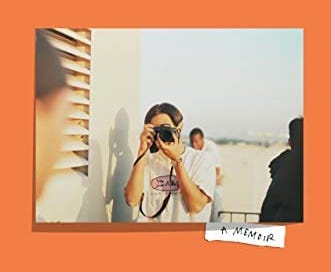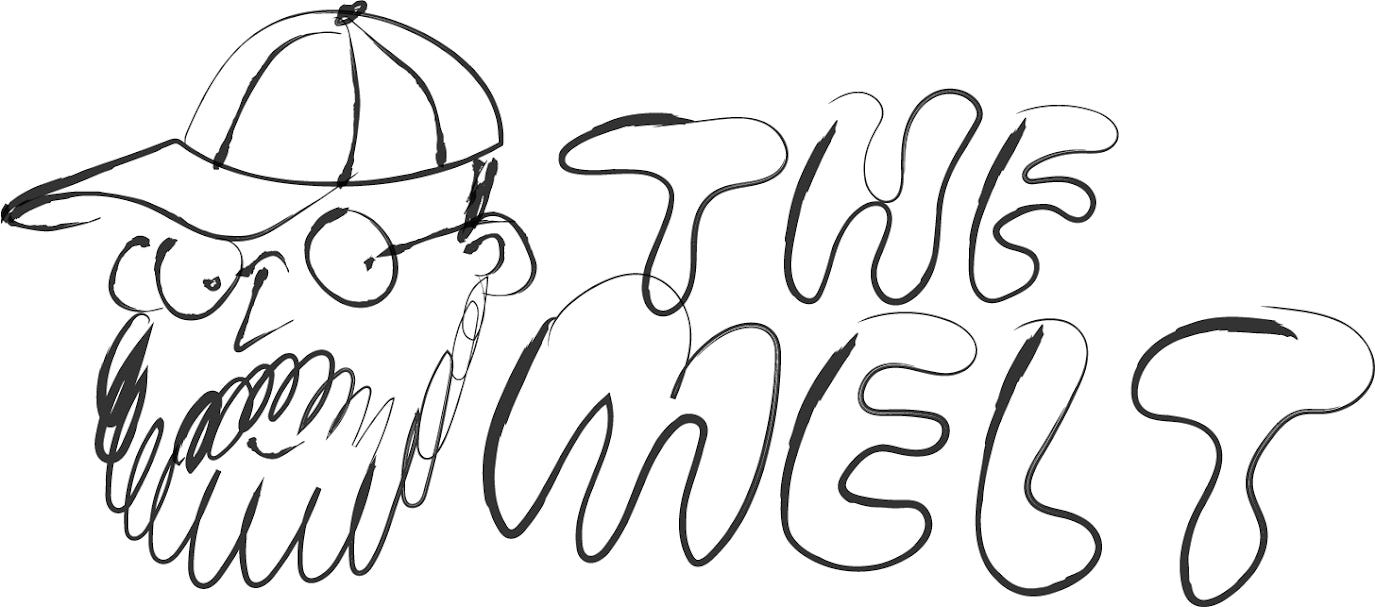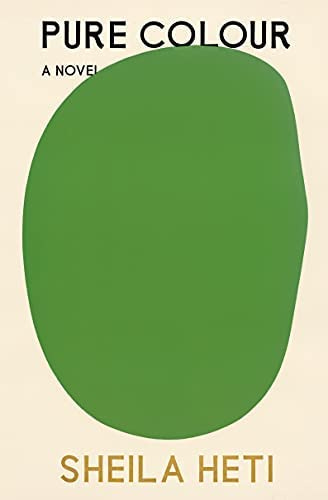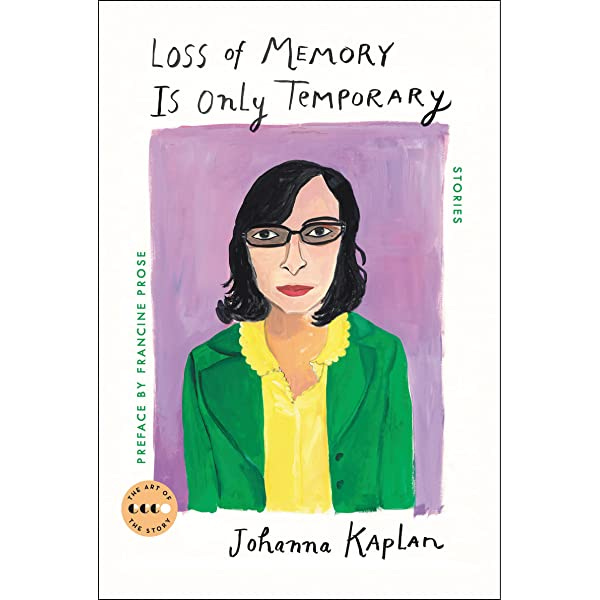I used to dread this time of year when my job was to write mostly about books. I kept a list of everything I read, and around the end of November, I’d start writing these very long explanations of why 10 or so books stood out to me and then I’d have to rank them. Friends, I hate ranking stuff. It’s the worst. Sure, there will be a couple of things that stood out above the rest, but the whole list thing is such an awful internet thing to make it feel like there’s some battle between films or albums or whatever that came out a year or two or ten or 50 years ago. Polls I find a little more interesting because they do show where particular tastes are at. The Sight and Sound poll, for instance. It’s the critics picking the best films ever and while I’d love to imagine that will move the needle and get studios to start green-lighting films influenced by Chantal Akerman, I’m doubtful that will happen. But who knows? Either way, polls can be interesting, but rankings are usually pointless. That’s my rule of thumb. And especially so with books since there’s no way I’m going to read every new book that comes out in a year. No thanks. I like reading old books too much. If I think something sucks, I’m out! Maybe a review or a friend’s opinions on the title in question will change that, but not likely. I don’t have time to read bad books.
But old habits do die hard. And when it comes to books, I do keep a Google Doc with the new titles I read that really moved me. And sometimes I’m even inspired to jot down notes as I read it, and the book that came out this year that I thought about the most was Stay True by Hua Hsu.
It’s much more than that, though. It’s about understanding America and culture, friendship and loss. I feel like I could write more about it, but why bother? Every review I’ve read is glowing and somebody I know compared it to William Finnegan’s Barbarian Days. The comparison weirded me out at first, possibly because Hsu and Finnegan are both New Yorker writers, and like maybe the person making that comparison noted something in the style of writing that I didn’t pick up on. But then I thought about it and Finnegan’s memoir, while longer, really did have a similar vibe with Hsu’s book. They’re both books about people who maybe don’t feel comfortable with society. They feel like there’s something off about the world that they can’t comfortably fit themselves in, so they just try to find their own path. When done right, those kinds of memoirs are my favorite to read.
Unfortunately, so many memoirs are about people who feel like outsiders. That’s especially true these days. A lot of life stories feel like the revolve around what Parul Sehgal called “The Trauma Plot.” And when done right, those kinds of books can have a huge impact. Sometimes I’m drawn to those books, other times I find myself turned off by writers who wallow in the unfairness of the world. There isn’t a single line of that in Stay True.
What there is in Stay True is a part early on where Hsu takes a very cliche moment in his generation’s history—hearing Nirvana’s “Smells Like Teen Spirit”—and works it into something unique. “I believed that I’d happened upon a secret before everyone else, and I was addicted to this feeling.” A few paragraphs later, “everyone saw the light” and Nirvana became the biggest band in the world much to Hsu’s dismay. I’ve been waiting for somebody to write a simple, elegant look at the very 1990s “I liked this until you idiots did” thing. Is it snobbish? Maybe. But it also is a reminder of how seriously some people took the books and music, movies, and other things they loved when it was more difficult to experience those things.
The outsiderness I find so appealing in Stay True is Hsu’s longing for something different from what everybody else is into. Hsu has a name that I’m guessing more than a few teachers egregiously mispronounced, and explores his experiences as a Taiwanese American with so much depth. But I’m fascinated with him as this person looking to discover who he truly is. Stay True explores striving to be an individual in a world that wants you to stay in a specific place and be a specific type of person. Just typing that makes me worry I’m selling this as some uber-masculine, Ayn Rand sort of story, but it’s not. It’s the opposite. It’s soulful and warm, but it also hits on something I feel like we’ve lost as a culture. It’s that feeling of discovery he had upon finding Nirvana, the very pre-internet thing where you had to truly dig for culture and when you found it you held it close. Hsu hits on something in this book, that there are just some people who aren’t satisfied with what’s handed to them. We often overlook just how much we’re handed in America. And I obviously don’t mean opportunity because there are plenty of our fellow citizens who are locked out of chances to grow and strive. But if we really want to just live life at the most basic level, walking mindlessly through the days not caring about anything, not wanting to experience more than what’s there in front of us, then we can do that. Ignorance is bliss, and some of us just aren’t turned on by that idea. Hsu writes about that experience better than anybody I can think of. And that’s even before we really get to the heart of the book, Hsu’s friendship with Ken.
At just under 200 pages, I read the book in one sitting and then started reading it again at a slower pace. I got so much out of it. I personally feel like I learned something from Hsu’s telling of his experiences. I’m really grateful for that.
Other books I read and loved this year.
Pure Color by Sheila Heti: She’s on another level. I felt stoned while reading this and I wasn’t. Then I got stoned and read it again.
Vladimir by Julia May Jonas: In the year of our lord 2022, there is little I’d like to do these days less than read a novel set on a college campus about bad men and their scandals. But Vladimir is so much more than that. The narrator is my favorite voice of the year and I almost want to read this again after seeing Tár. That film and this book are two of the best examples of how to engage with what we may have called “bad behavior” even a decade ago, but today we’d say something like “sexual predator” and the people that enable them. This novel is what I love about contemporary fiction. It tackles a topic by making it engaging and entertaining. Absolutely brilliant stuff.
Sweet, Soft, Plenty Rhythm by Laura Warrell: This one knocked the wind out of me. Warrell is such a smart writer and delivered a book that juggles a lot of things I feel most writers would immediately drop. I honestly couldn’t help but feel like if Nora Ephron and Spike Lee had worked together to adapt a book into a movie in the early-1990s that this would be it. If you know me then you know that’s basically the highest of all praise.
The Search for the Genuine by Jim Harrison: Surprised I didn’t read more about this, but I realize Jim is still known by people for specific things. Some might know his food writing or his poetry, others maybe his fiction. I don’t know many Harrison completists, which is odd. Writers who could do it all, who have their voice come through no matter how they’re writing, tend to be my favorites. And Harrison had one of my favorite voices ever. This little collection of some of his non-fiction is a treasure. Not necessarily the way I’d introduce a person to his work, but I’d certainly add it to the collection of things you need to read to get to know Jim Harrison.
Loss of Memory Is Only Temporary by Johanna Kaplan: On one hand, there are countless writers who flew under the radar for years because they were women or people of color, they didn’t write in English or a number of other factors that obviously suck. On the other, the last decade or so there has been this absolute wellspring of overlooked, under-appreciated in their time or downright forgotten authors getting their due. Think Eva Babitz or Renata Adler getting back in the spotlight after NYRB Classics put their books back into print or Penguin digging out Younghill Kang’s fantastic East Goes West and giving it the “Classics” designation it deserves. Kaplan is another one of those writers. She was nominated for big literary awards in the late-1970s, but I haven’t heard much mention of her until this short story collection of hers went back into print earlier this year. This is obviously catnip to me. I joked to a friend it was like Grace Paley but more Upper West Side and if Grace wasn’t as interested in Socialist meetings. There’s a playfulness like Deborah Eisenberg’s as well. It’s basically catnip for me and I’m glad she’s getting this second look in her lifetime. That’s a beautiful thing.
Constructing a Nervous System: A Memoir by Margo Jefferson: Jefferson is one of the great American minds. I have nothing that smart to add to the conversation about her work besides that. If she has a new book out then I read it. Very simple. She’s a genius. One of my favorite writers around.








I really need to read Stay True.